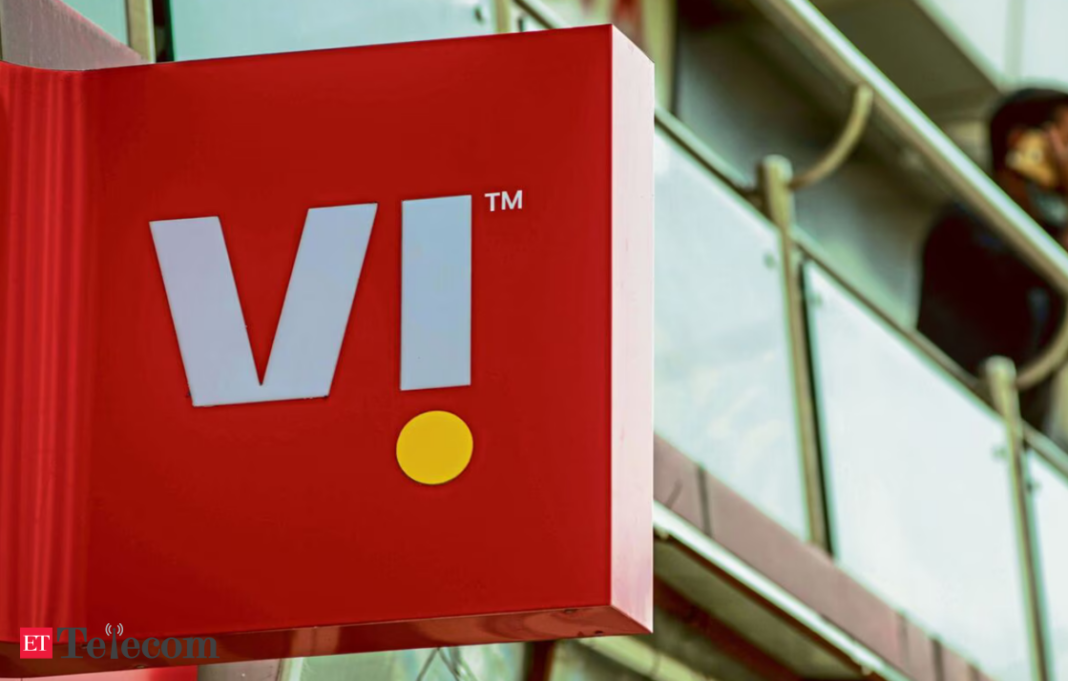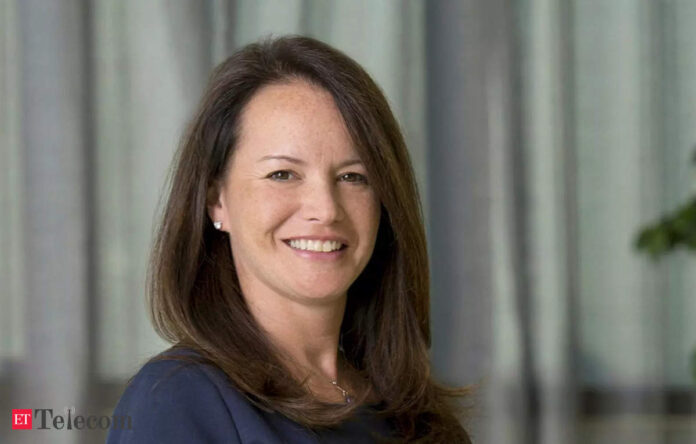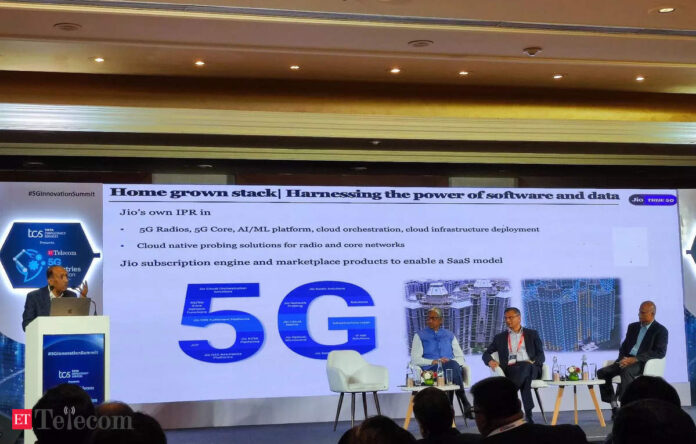In Short:
Vodafone Idea may face a financial crisis if it doesn’t receive relief on its Adjusted Gross Revenue (AGR) dues, which could total $4-5 billion annually starting in FY27. The Supreme Court recently dismissed telecom companies’ pleas to correct AGR calculations, leaving high liabilities intact. Vodafone Idea’s net debt is around $28 billion, complicating its cash flow and repayment timeline.
New Delhi: The situation regarding Adjusted Gross Revenue (AGR) relief is becoming increasingly critical for Vodafone Idea. Without the necessary relief, the telecommunications provider may confront severe financial challenges in the coming years, particularly when it faces annual spectrum and AGR payments estimated at $4-5 billion each year, according to a report by CLSA on Thursday. This assessment follows a recent ruling by the Supreme Court, which dismissed multiple applications from various companies, including Vodafone Idea and Bharti Airtel, that sought corrections for alleged computational errors in AGR calculations.
Financial Implications of AGR
According to CLSA, “AGR relief is crucial for VIdea (VIL) and we await industry’s next steps. In absence of AGR relief, VIdea could face financial crisis in 2HFY26/FY27CL, when annual spectrum and AGR payments to government of $4-5 billion per annum become due.” Furthermore, a report by Macquarie indicates that Vodafone Idea currently has a net debt of $28 billion as of the first quarter of FY25, which includes an AGR liability of $8.5 billion. This liability consists of approximately 20 percent principal, with the rest accounted for by interest and penalties.
Outstanding Dues and Industry Context
Macquarie estimates that Bharti Airtel‘s AGR dues amount to approximately $5.3 billion, significantly higher than its initial self-assessment of $1.6 billion. Of this, Bharti Airtel has already remitted $2.2 billion. Both Vodafone Idea and Bharti Airtel had previously opted for a four-year moratorium on AGR and spectrum dues as a part of the government relief initiative implemented in September 2021.
Macquarie’s analysis further states, “VI FCF (free cash flow) math challenged – Tariff outlook has been improving, but without AGR concessions, it would take at least 25-30 years (15 percent ARPU CAGR) for VI to organically pay back its obligations, and as such, further repayment timeline extensions are required.” There is an expectation of market share erosion and significant equity dilution risk in their base case scenario.
Industry Dues Overview
ICRA Limited, represented by Vice President and Sector Head – Corporate Ratings, Ankit Jain, estimates the total deferred AGR dues for the industry to be approximately ₹1 lakh crore, out of a total industry debt of ₹6.4 lakh crore as of March 31, 2024, inclusive of leases. These dues are on moratorium until September 2025.
Jain highlighted, “Any moderation in the total dues owing to correction of the said calculation errors as represented by the telcos would have resulted in a liquidity relief for the industry as a whole. However, in the absence of the same, the industry would be required to pay around ₹25,000 crore per annum from FY2027 onwards towards the AGR liabilities.”
Supreme Court Decisions
In October of last year, the apex court acknowledged requests from certain telecommunications companies to review their AGR dues. The companies cited alleged arithmetic errors in the calculations performed by the Department of Telecommunications (DoT).
This issue resurfaced in July 2021 when the Supreme Court dismissed a plea from telecom companies alleging errors in the aggregative demand exceeding ₹1 lakh crore.
Specifically, Vodafone Idea carries a total liability of ₹58,254 crore, while Bharti Airtel is liable for ₹43,980 crore. The Supreme Court had earlier mandated that telecom operators clear 10 percent of their total dues, as assessed by the DoT, by March 31, 2021, with the rest payable in annual installments from April 1, 2021, to March 31, 2031.





